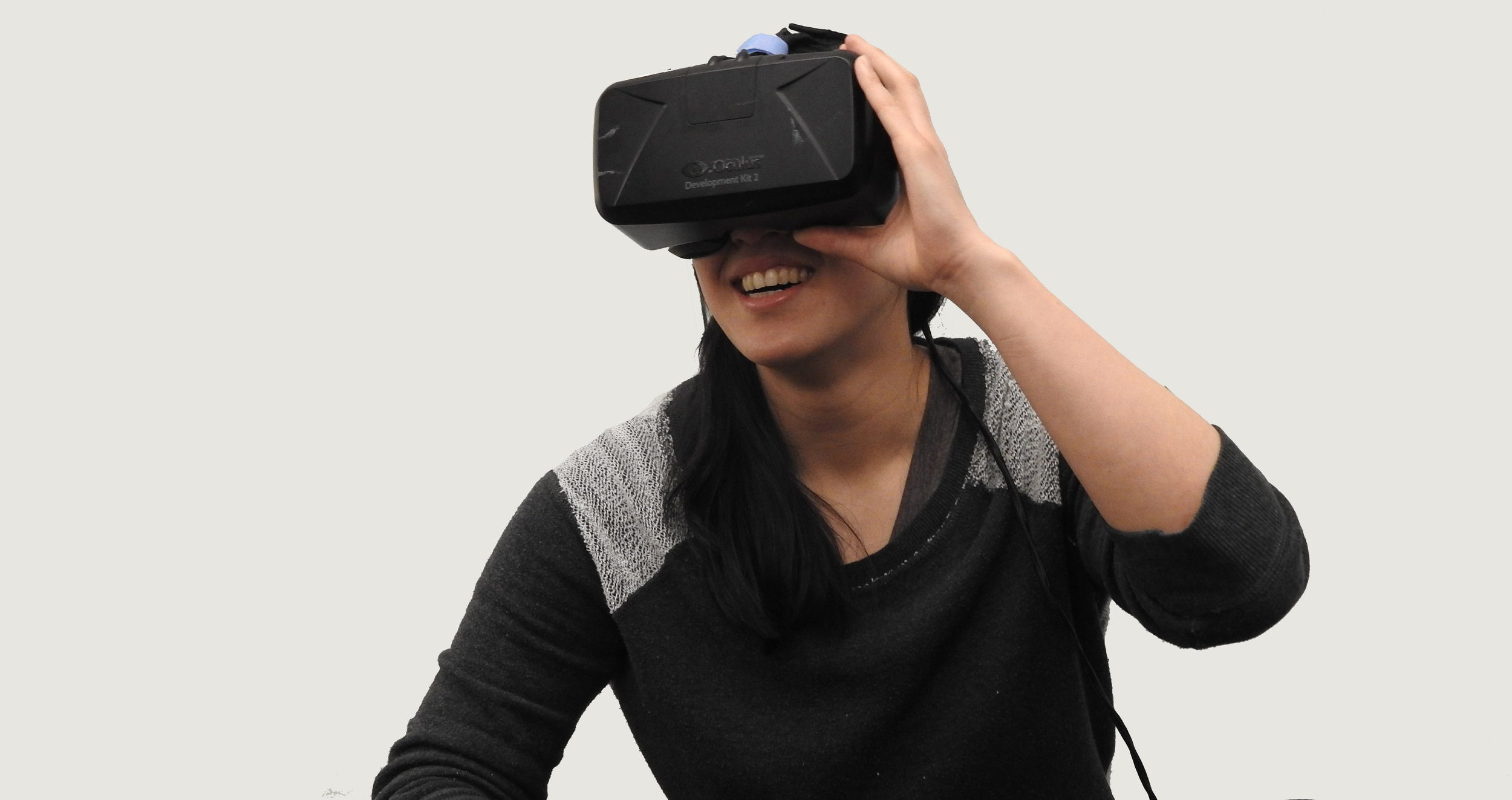Senior care facilities around US will take part in a telemedicine program that will use Virtual Reality technology to improve care management for dementia patients. Eleven senior living organizations across the country will participate in a telemedicine program aimed at using VR technology to improve care management for dementia patients.
The program is called Best Life Impact and is being launched by the Green House Project (GHP), a Maryland-based initiative to improve senior living through innovative partnership and concepts. There are plans to use a Project ECHO telemedicine platform and virtual reality technology from Embodied Labs to teach senior care providers how to deliver dementia care.
Project ECHO (Extension for Community Health Outcomes) was developed in 2003 at the University of New Mexico School of Medicine to improve care management for people living with hepatitis. The Project ECHO programs use a hub-and-spoke virtual care model to connect rural and remote practitioners with specialists for training and case management. Now they are being used at many locations around the world for a variety of public health and chronic care concerns, ranging from opioid abuse treatment to pediatric care to diabetes management. GHP will use the platform to bring together 11 participating senior living organizations, then bring in VR technology to give an idea to care providers what it is like to live with dementia.
Carrie Shaw, chief executive officer of Los Angeles-based Embodied Labs, said that their immersive training platform challenges stereotypes, helping those supporting people living with dementia to provide a better understanding care. They are empowering the staff by giving them hands-on, personal experience using virtual reality.

